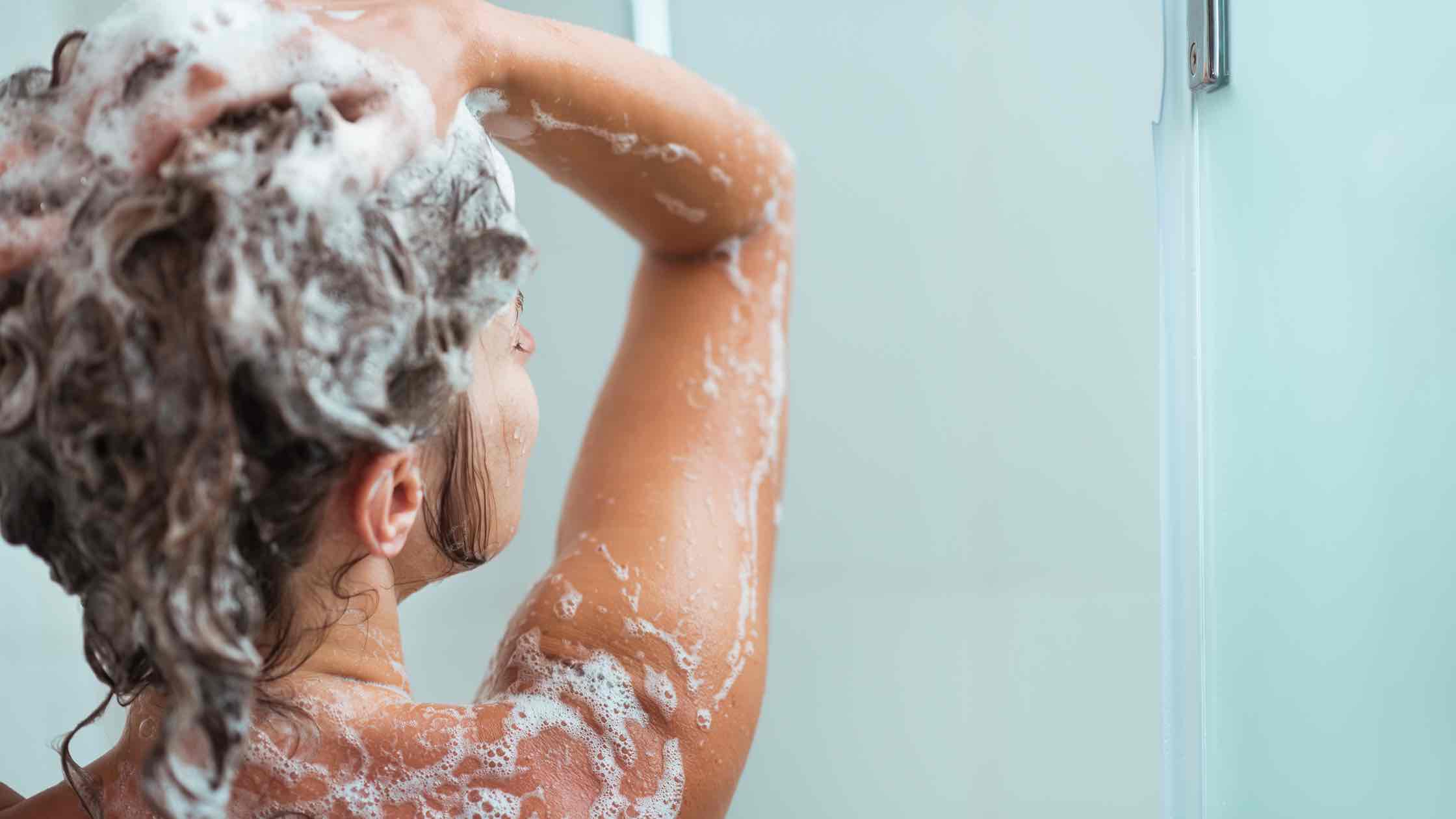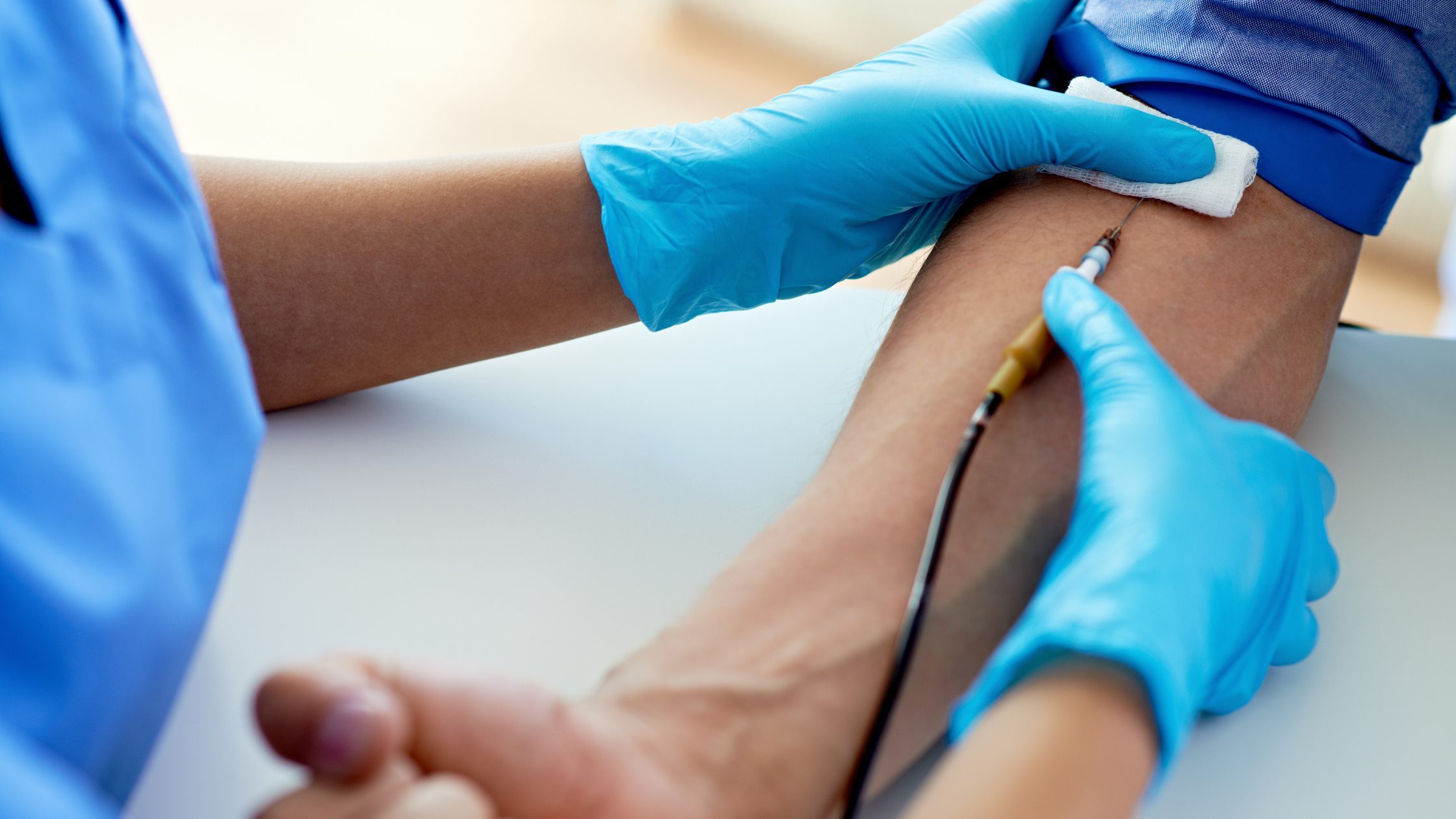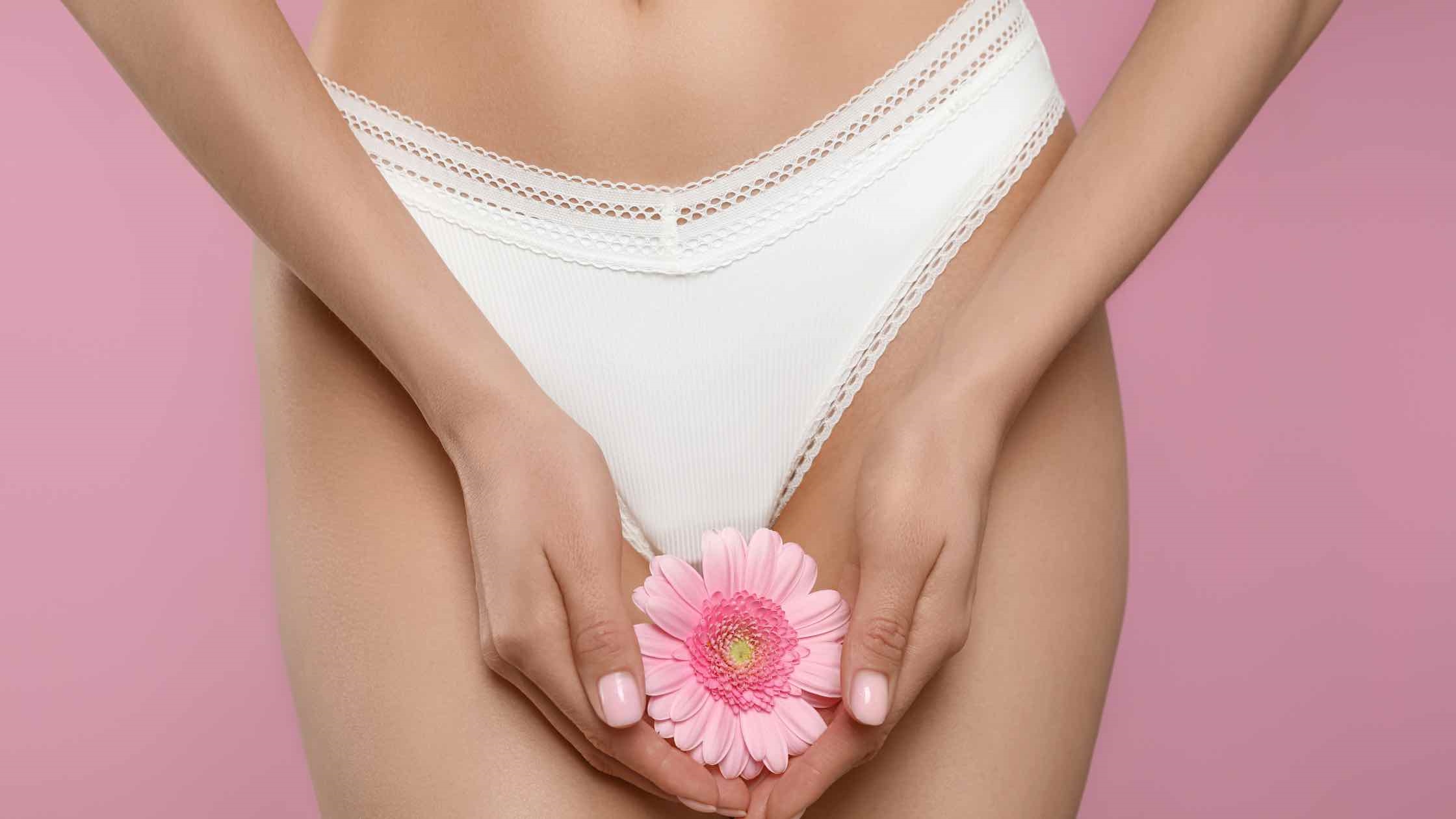
Have you ever washed your hands or taken a shower in another part of the country and felt like it’s left your skin feeling or looking different? Believe it or not, this could actually be the case due to the differing ‘hardness’ of the water. Essentially, water may contain more or less minerals such as magnesium and calcium which in turn can clog your pores and leave your skin feeling dry.
What is ‘Hard’ Water?
The ‘hardness’ of water is essentially defined as how many dissolved minerals such as calcium and magnesium it contains. More of these means that the water is considered to be harder.
If you live in an area where the water has to pass through porous rock such as limestone and chalk to get to your tap, then its more likely to contain these minerals and you may even be able to notice it if you see a film-like residue when your water reacts with soap.
How Does Water Hardness Affect Our Skin?
While hard water is actually considered to be healthier to drink, it can have adverse effects on our skin. In the short term, hard water can leave your skin feeling dry, flaky and itchy and could also lead to breakouts of acne and eczema and it can also affect your hair too, giving it a dull appearance and itchy scalp.
Over a prolonged period of time, hard water can also form ‘free radicals’ which break down your skin’s collagen, causing the skin to sag and form fine lines and wrinkles, making you look older.
How to Protect Your Skin from Hard Water
The best way to protect yourself from the adverse effects of hard water is to install a water softener, a device which ‘softens’ the water, making it easier to rinse off soap and prevent the harmful residue.
Some products that you might want to consider using include soap-free face cleansers as these are much more gentle on the skin, a rich moisturiser to prevent your skin from drying out, and fragrance-free skincare, especially if you have particularly sensitive skin.







